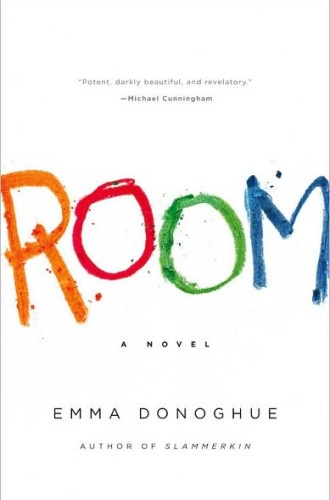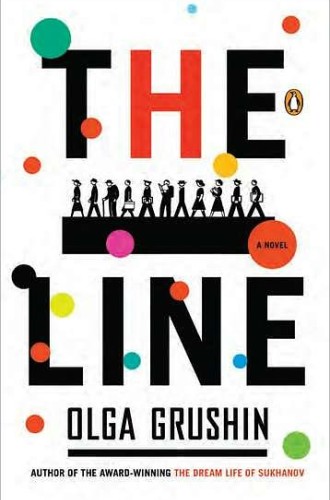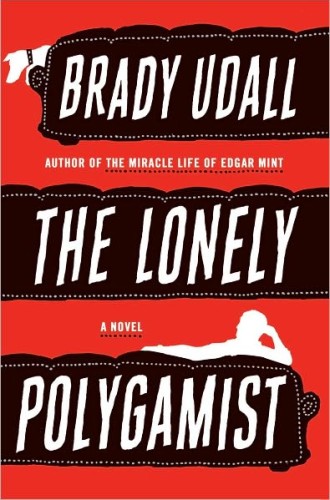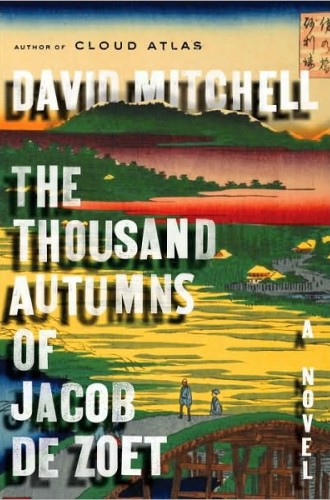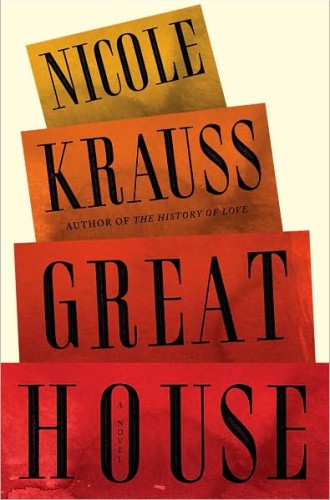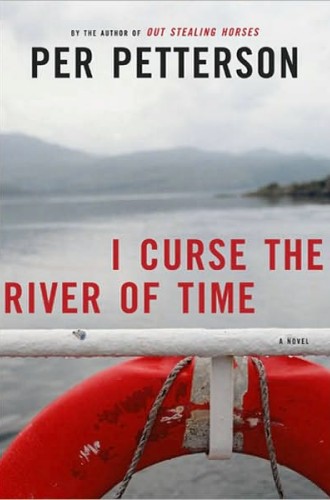CC recommends: Fiction
Emma Donoghue, Room. In the haunting and perceptive voice of five-year-old Jack, Donoghue takes readers for an eerie but compelling ride. Jack and his mother have been living in one room and one room only for all of Jack's young life, and the truth of their situation is revealed as the wider world enters. Great storytelling, brilliant characterization and a mercilessly revealing plot make Room one of the most significant literary achievements of the year.
Olga Grushin, The Line. In 1962, exiled composer Igor Stravinsky returned to the Soviet Union to give one concert. The line to get tickets to this concert formed a year in advance. Grushin gives this historical situation poetic, theological and very human meaning as she imagines a family standing in line for a year to see a musician she calls "Selinsky."
Brady Udall, The Lonely Polygamist. In this tender and funny account of a man with four wives who is having an affair with a fifth, Udall creates a portrait of a way of life that few would desire. But Udall does not poke fun so much as empathize. Golden Richards is, oddly enough, an "everyman," whose predicament of divided loyalty and subjection to forces beyond his control is common to all.
David Mitchell, The Thousand Autumns of Jacob de Zoet. With each of his five novels, Mitchell, author of Cloud Atlas, has created enchanting, suspenseful, bittersweet and life-encompassing worlds. The Thousand Autumns brings Mitchell's trademark multivoice, multinarrative style to bear on the lives of Jacob, a young Dutch merchant sailor, and the Japanese midwife he falls in love with while posted in 18th-century Nagasaki. Mitchell gives us their story, both sweet and sad, while moving between the brawling world of the colony, an eerily mystical Japanese convent and the hushed halls of imperial Japan.
Nicole Krauss, Great House. A young poet's desk takes a surprising trip around the world in Krauss's third novel. In 1972, a young Chilean poet, Daniel Varsky, lends his desk to a solitary novelist while he returns to Chile. Caught up in the events of the coup and killed by the Pinochet regime, Varsky never returns to claim his desk, but his daughter does. The novel traces the desk's mysterious journey through London, Germany and Israel as it intersects the lives of several families and tells the intricate tale of contemporary Judaism.
Per Petterson, I Curse the River of Time. In 1989, Oslo resident and wavering communist Arvid Jansen is in the midst of a divorce when his mother discovers that she has cancer. Arvid travels to Denmark, his mother's home, in an attempt to bridge the chasm of feeling that opened years earlier between mother and son. This is the convincingly intimate story of a family in which the most important things have gone unspoken.


